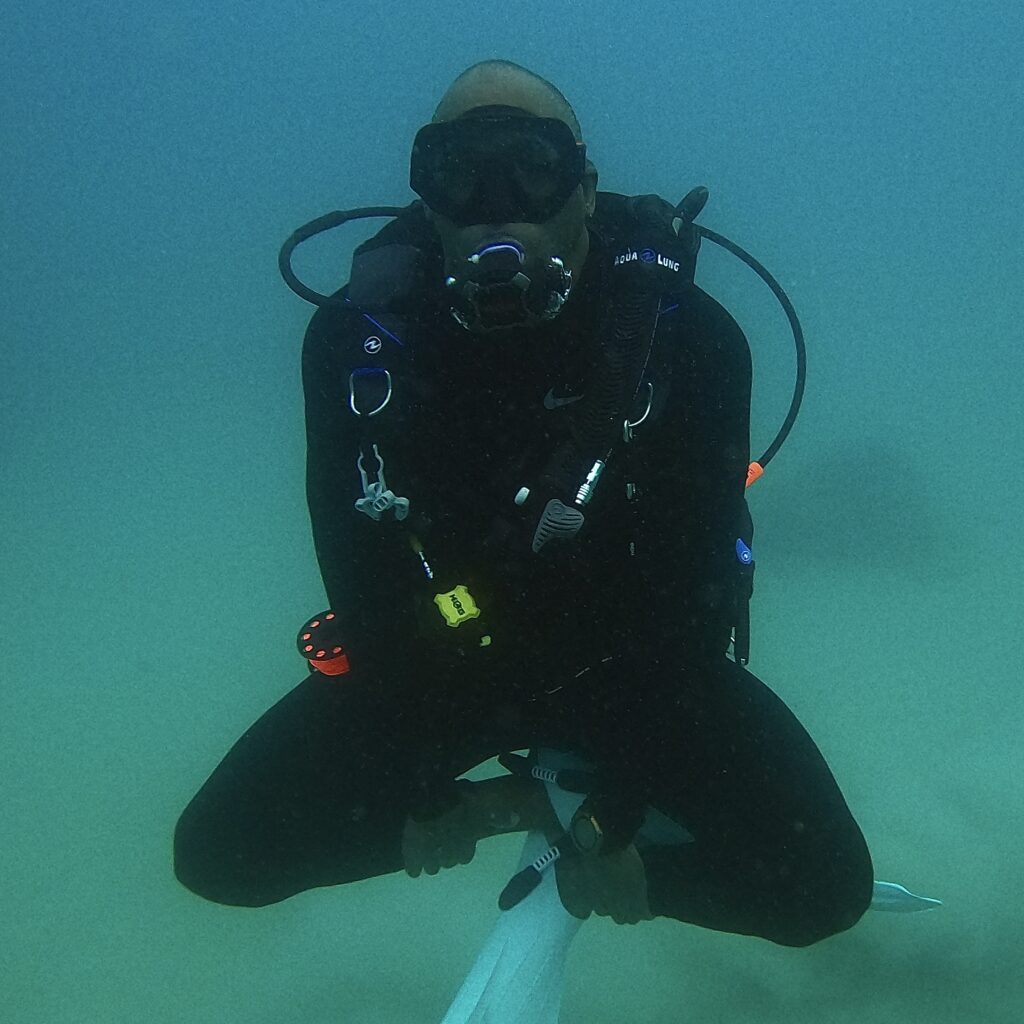Why Less is More: Learning from the Depths
In the silence of the underwater world, amidst the serene beauty of coral reefs and the graceful dance of marine life, scuba divers like myself are reminded of a profound lesson: the power of presence and focus.
This principle, echoing beneath the waves, holds a vital message for us on the surface, especially in a world where our bandwidth is ever-challenged.
It teaches us that less is indeed more, and that by defining success on our own terms and leveraging our natural talents, we can maximize our effectiveness.
Embracing Our Unique Bandwidth with the Focus of a Diver
Just as a scuba diver cannot afford to be distracted, given the limited supply of air and the need to monitor surroundings, we too must recognize our finite capacity for cognitive and emotional load.
This understanding allows us to navigate life with a clarity of purpose and a commitment to what truly matters.
Defining Success with the Precision of a Dive Plan
Every dive requires a plan, tailored to the site, the diver’s experience level, and the conditions of the day. Similarly, defining success should be a personal endeavor, crafted according to our unique strengths and life conditions. Success might mean exploring uncharted depths or appreciating the intricate beauty of a single coral.
In life, like in diving, it’s about setting goals that resonate with our core, beyond societal benchmarks.
Leveraging Strengths: The Buoyancy of Our Natural Talents
In diving, buoyancy control is a skill that turns a good dive into a great one; it’s about finding the perfect balance, the least effort for the maximum enjoyment. This mirrors the importance of focusing on our strengths in our professional and personal lives.
When we align our efforts with our natural talents, we achieve our objectives with a grace and efficiency that feels almost effortless, much like the perfect neutral buoyancy.
Strategic Focus: Navigating Life with the Precision of a Dive Compass
Just as a diver uses a compass to navigate through the vastness of the ocean, we too must use strategic focus to navigate our lives.
This means choosing paths that align with our strengths and goals, and adjusting our course when necessary. It’s about doing more of what matters most to us and less of what dilutes our efforts and detracts from our journey.
Implementing a ‘Less is More’ Approach Inspired by the Depths
Reflect like the calm sea: Regularly take time to introspect and align your actions with your natural talents.
Plan with purpose: Like planning a dive, set personal goals that reflect your true measure of success.
Navigate with focus: Use your strengths as your compass, guiding your decisions and efforts.
Embrace the power of saying no: Just as a diver conserves air by minimizing effort, conserve your energy by focusing on what truly aligns with your strengths and goals.
Reassess like checking your air: Regularly review your path and adjust as needed, ensuring you’re always aligned with your definition of success and utilizing your strengths to their fullest.
In the grand, silent expanse of the ocean, the principle of ‘less is more’ is not just a suggestion—it’s a necessity.
On land, this principle can lead us to more fulfilling, effective, and purpose-driven lives. By learning from the depths, we can navigate the surface with a sense of clarity, focus, and grace that only comes from understanding our unique strengths and defining success on our own terms.
These are some of the greatest takeaways for me as a scuba diver that encapsulate the tranquility and focus that scuba diving instills, drawing parallels between the lessons learned beneath the waves and their application in our personal and professional lives about ground.

